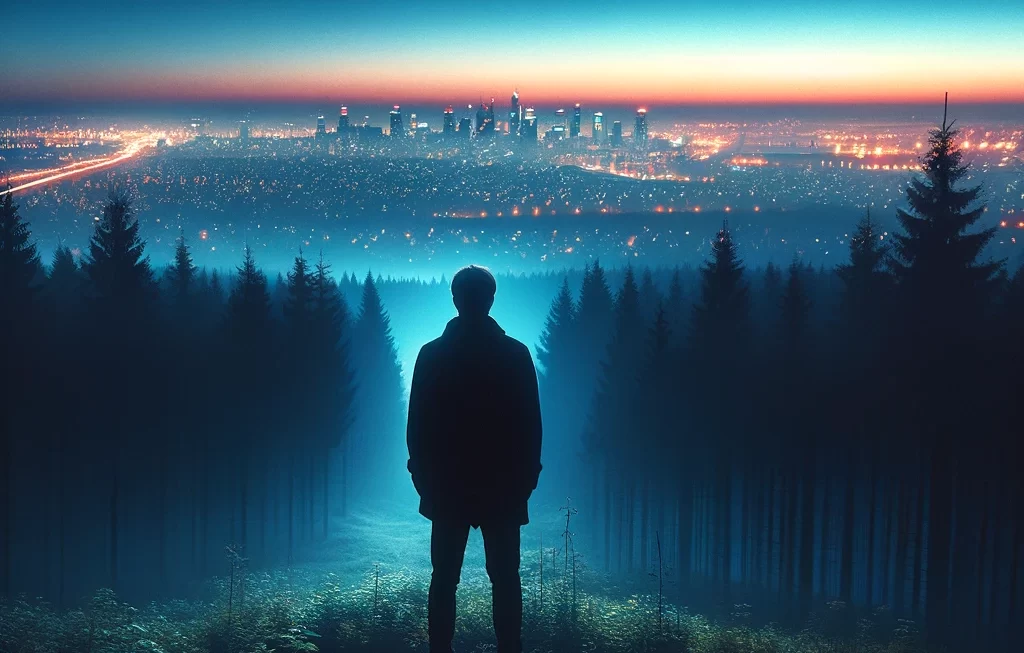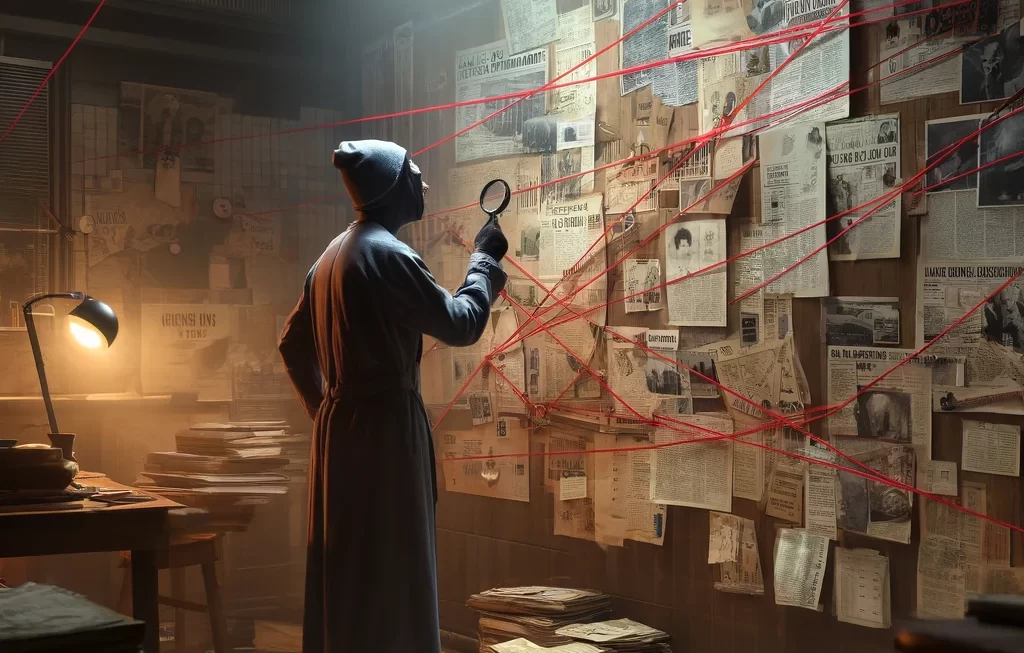In the vast expanse of the Marvel Universe, few characters capture the complexity of human nature as poignantly as Magneto. Known as Erik Lehnsherr, his story is not just a tale of superhuman abilities but a profound narrative on the societal reactions to difference and the deep scars left by trauma.
Erik’s journey begins in tragedy. As a child in a Nazi concentration camp, he witnessed the darkest sides of humanity. The murder of his mother to trigger his magnetic powers marked the inception of his transformation from a scared boy to a man who views the world with deep suspicion and pain. This formative experience instills in him a resolve to never be vulnerable again, shaping his philosophy for years to come.
Fast forward to a peaceful life disrupted—Erik, now a father, tries to live quietly, but the death of his daughter Nancy at the hands of fearful humans reignites his fury. It’s a poignant reminder of his core belief: “if you are different, people see you as a threat.” This statement resonates not just within the confines of comic panels or movie screens but deeply within our real-world societies.
The reaction to Magneto’s story is mixed. Some view him as a villain, a perpetrator of violence driven by revenge. Others see a tragic hero, forced into solitude and militancy by relentless persecution and loss. This dichotomy presents an opportunity to reflect on how we, as a society, respond to those who are different.
Human psychology tends to favor the familiar and is wary of the unknown. This instinct, while evolutionarily beneficial in some contexts, can manifest in destructive ways in socially diverse settings. Fear of the different can lead to prejudice, discrimination, and violence, much like the reactions to mutants in the Marvel stories.
But Magneto’s philosophy and actions also invite us to examine the consequences of perpetual victimization. When pushed to the edges of society and labeled as threats, individuals might see no recourse but defiance. Magneto does not start as a villain; he is made one by the actions of those around him who fear his difference. His narrative challenges us to ask: how often does society push the marginalized into paths they never wished to tread?
At its core, Magneto’s story is a call for understanding and empathy. It begs the question of how many are ostracized because of their uniqueness—be it in terms of race, ability, or talent—and how often they are forced to defend their right to exist in a world that sees them as anomalies.
The tragedy of Magneto is not just about the battles he fights but about the battle against the human tendency to fear what we do not understand. His character serves as a reminder that embracing our differences, rather than fearing them, could lead to a richer, more harmonious world.
In conclusion, while Magneto’s methods are questionable, his motivations are a profound commentary on human nature. They remind us of the importance of empathy, understanding, and the inclusion of all, irrespective of our differences. Magneto’s story, though fictional, offers real-world lessons on the consequences of prejudice and the potential for acceptance to forge a better path forward.




